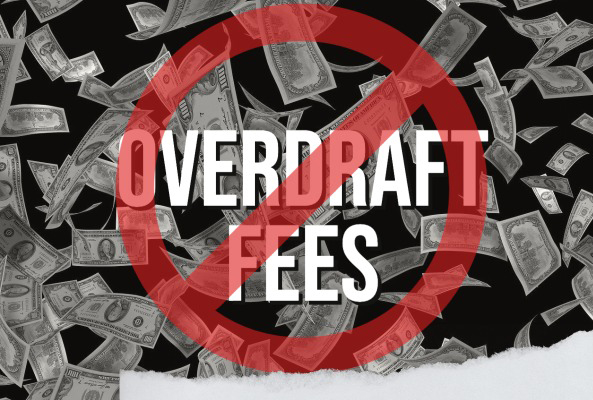
Many people say they don’t have a bank account because of overdraft fees. According to Bankrate.com an overdraft costs an average of $33.47. Charges like this can quickly add up if you’re not careful. But what if you didn’t have to worry about any overdraft fees?
Some of you may be wondering what is an overdraft fee. Financial institutions typically charge these whenever you spend more money than you have in your account. And the way these charges are applied may vary from bank to bank.
For example, say you have $150 in your checking account. And you write a check for $125 to pay a bill. Later you go to the ATM and withdraw $50. That leaves you with $100 in your account. If you don’t make any deposits and the check for $125 hits your account, then you’ve overdrawn your account by $25. Depending on your financial institution, you may be charged a $35 fee in this scenario for overdrawing your account.
As you can see overdraft fees can put you deeper in a hole fast.
In 2020, they expected banks to collect more than $30 billion in overdraft charges. And research has shown that these fees tend to impact lower income households the most. So many consumer advocates have been fighting to change this in banking.
- Is 2021 The Beginning Of The End For Overdraft Fees?
- Alliant Credit Union ends all overdraft fees…
- Ally Bank Eliminates Overdraft Fees
And change is coming. Some financial institutions have lowered their overdraft charges and others have gotten rid of them completely. This summer financial institutions like Alliant Credit Union and Ally Bank announced they were eliminating overdraft fees. There are other financial institutions who do not charge these fees also.
How to Avoid Overdraft Fees
- Understand how your account works – What fees does your account have (maintenance, overdraft)? Is there something you can setup on your account to avoid paying overdraft charges? Some banks allow you to link your checking account to savings to avoid the fee when you overdraw your account.
- Actively manage you banking account – To avoid overdrafts be diligent about recording your transactions (online bill pay, atm, checks) and balancing your checking account. You may be able to monitor your account balance using notifications and alerts.
- Budget – Create a budget to manage your money more effectively. Budgets are a great way to control spending and achieve your financial goals.


